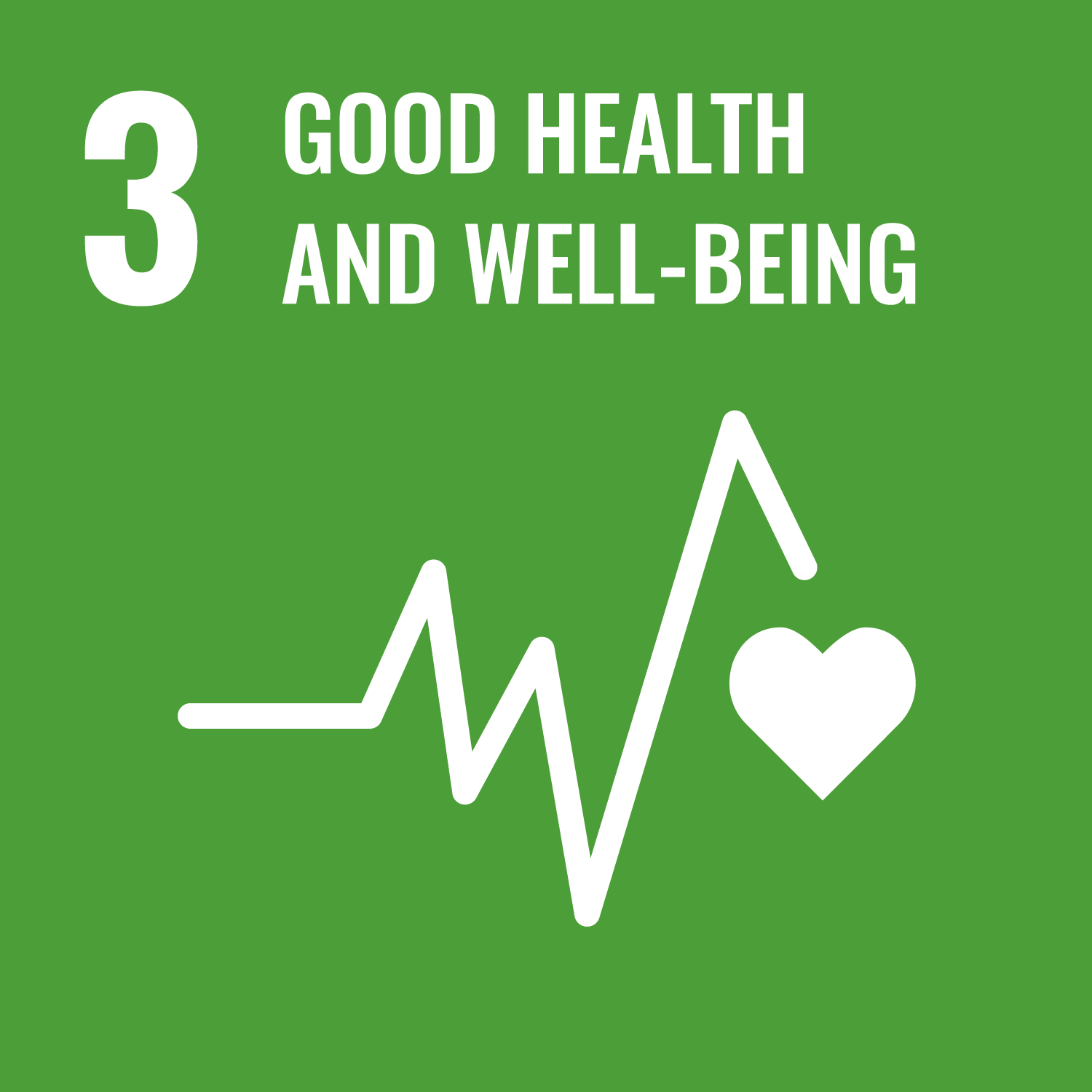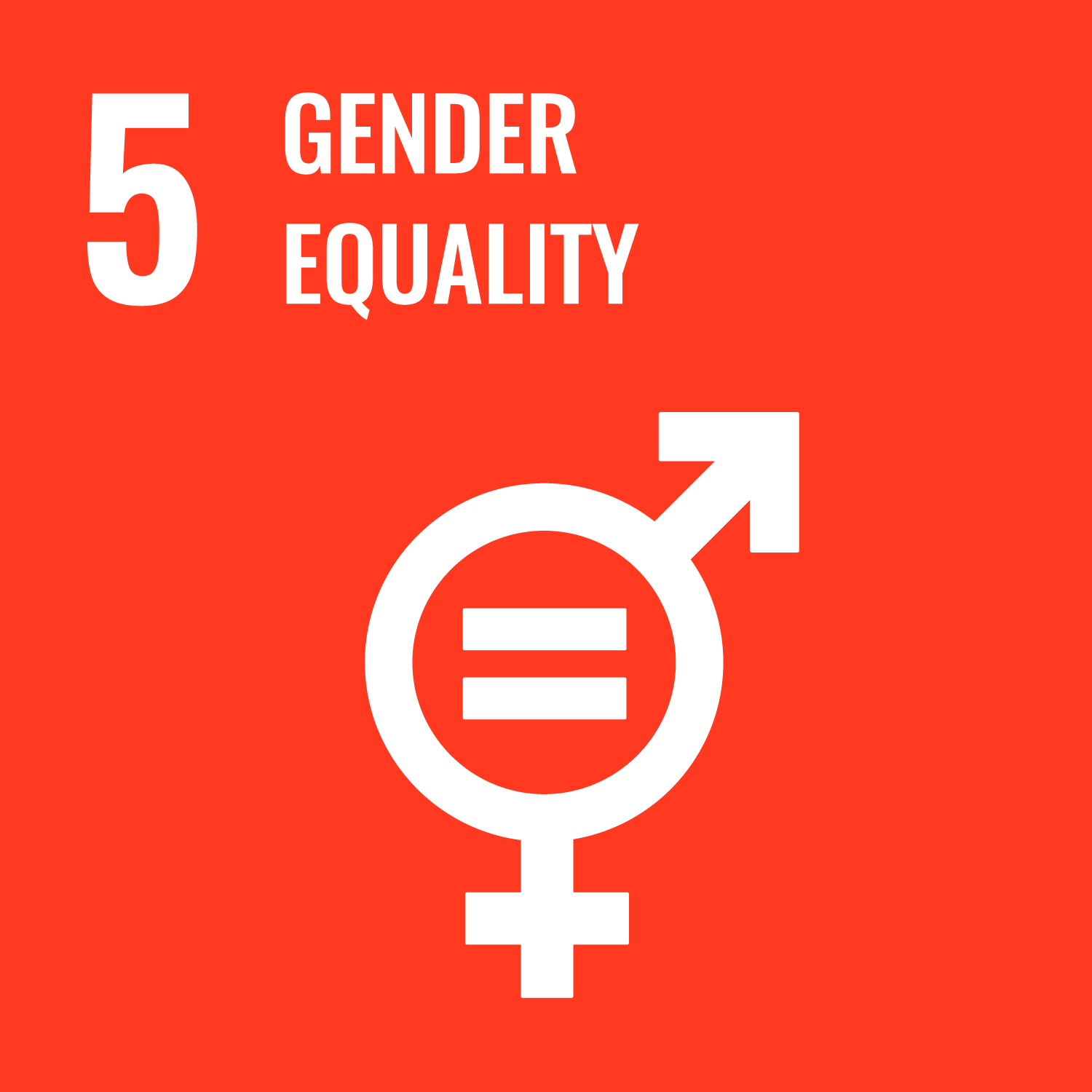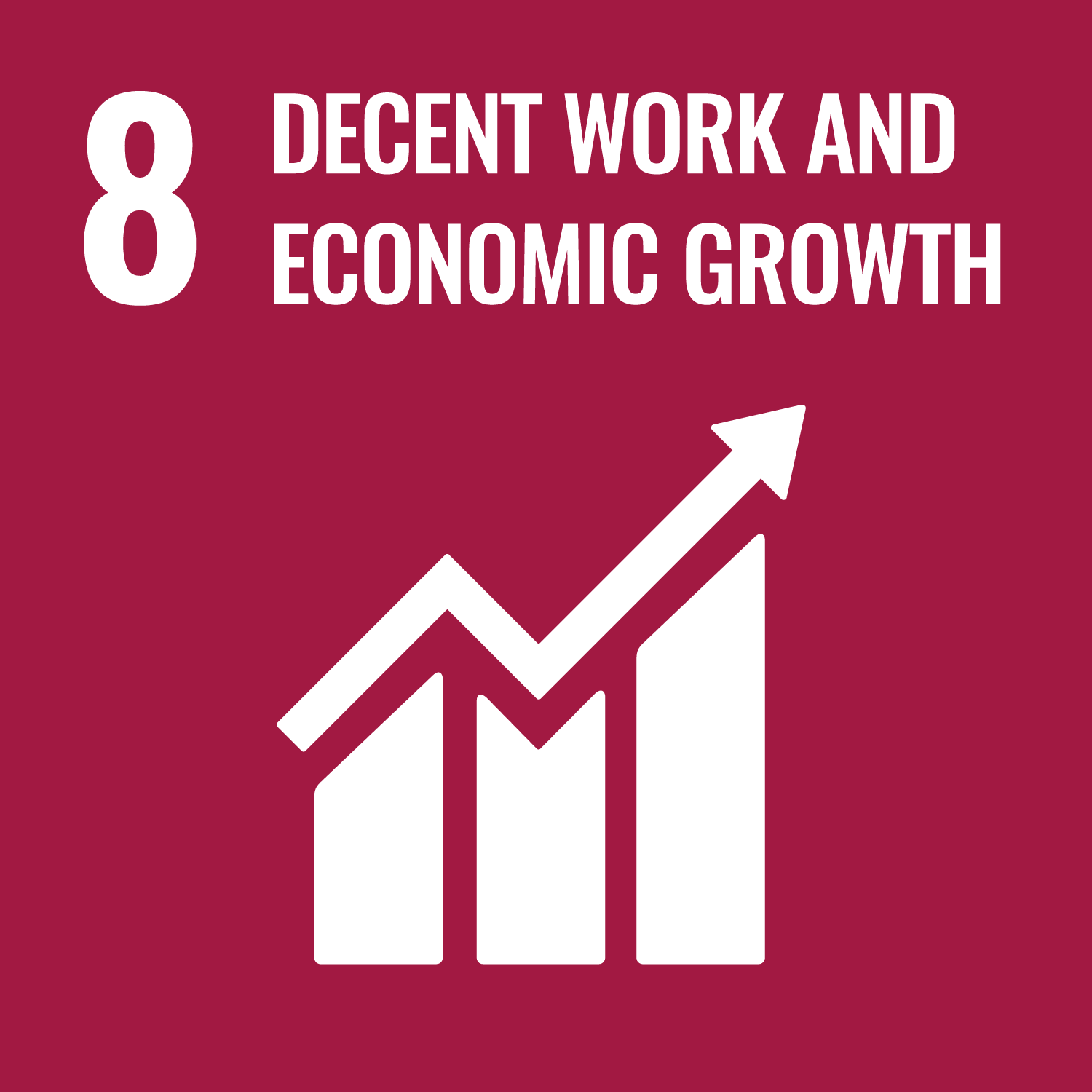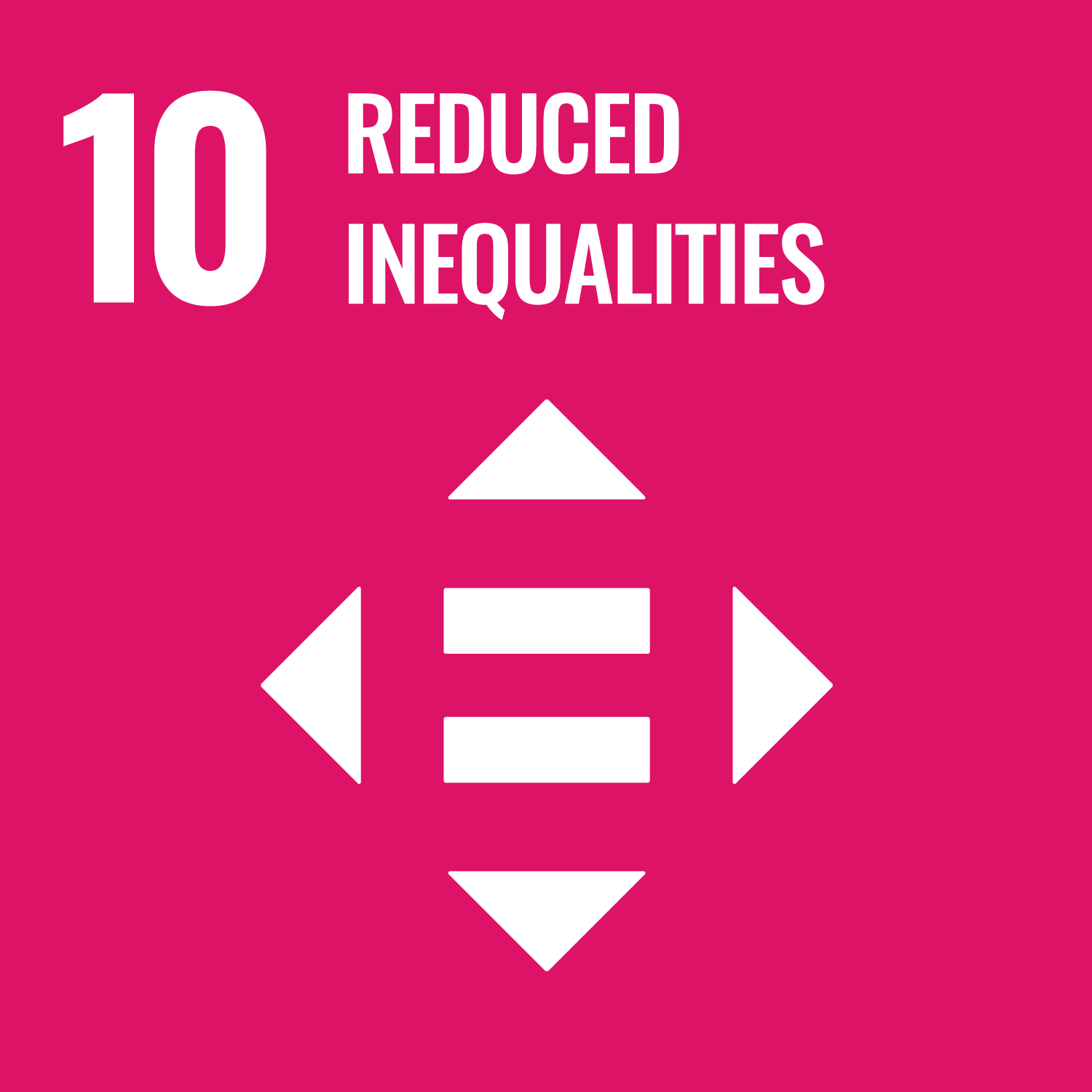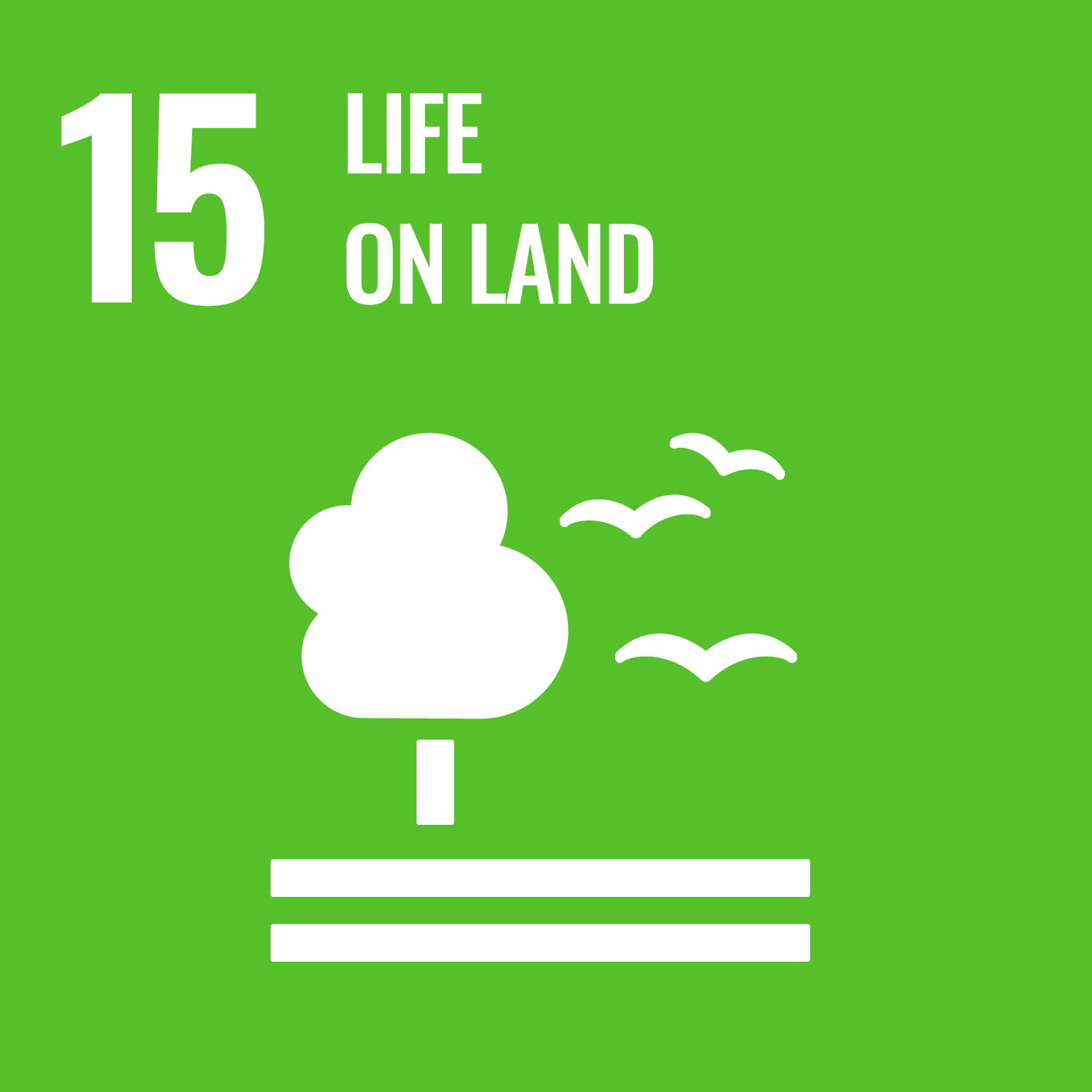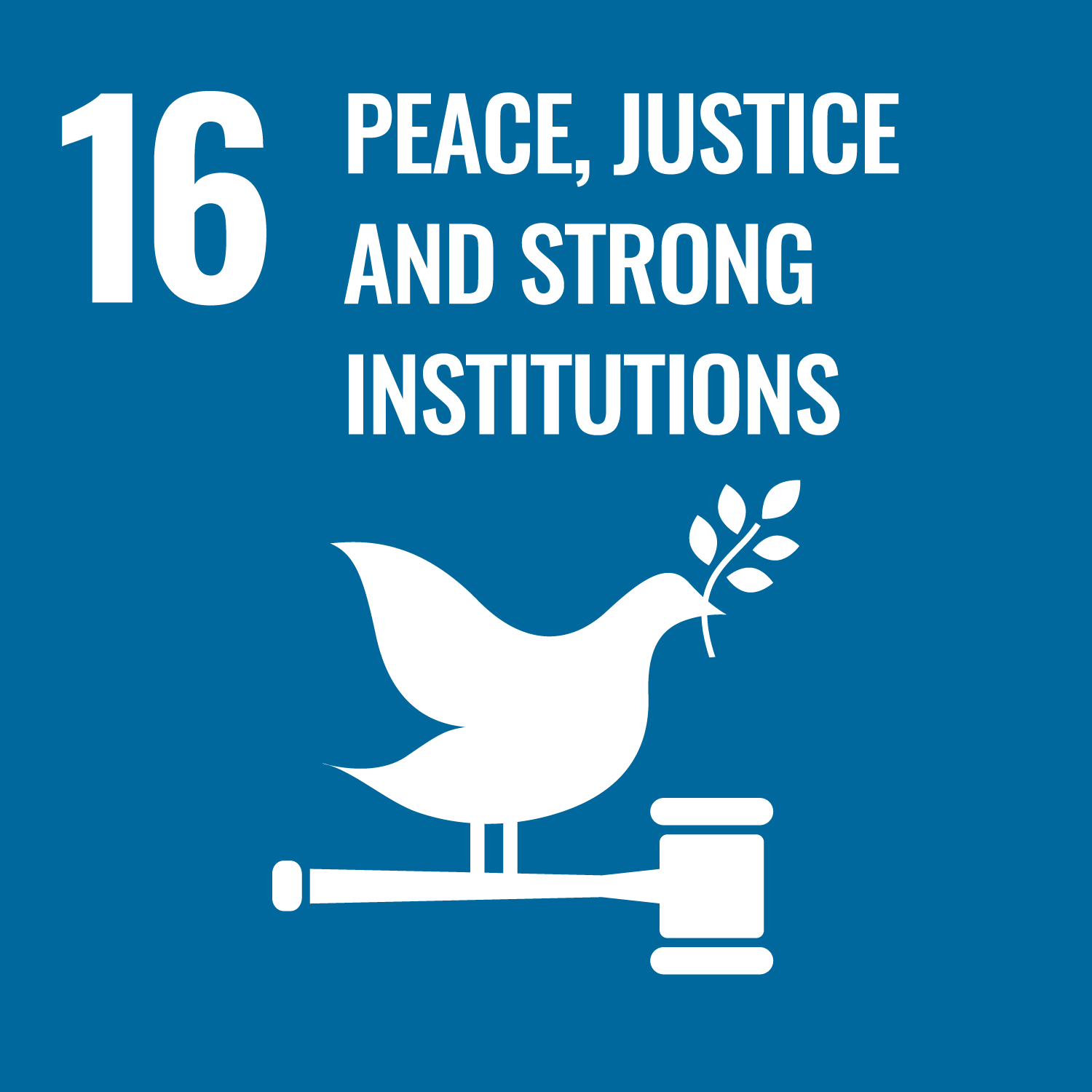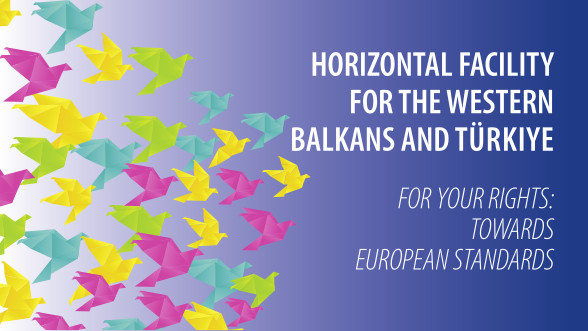North Macedonia
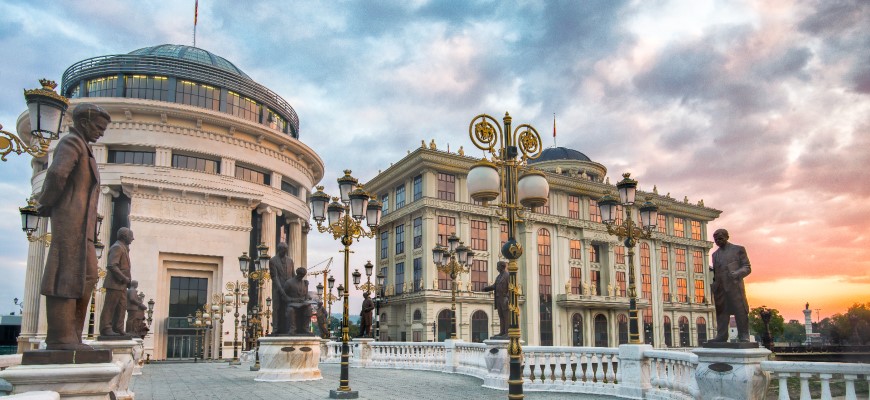
North Macedonia has been actively participating in various initiatives of the Council of Europe since 1993, engaging notably in intergovernmental co-operation and assistance programmes in the fields of legal reform and human rights. The Council of Europe is currently represented in North Macedonia by the Programme Office in Skopje, which was established in 2012 to co‑ordinate and support project implementation and to ensure co-ordination with both national and international partners present in the field.
The co-operation with North Macedonia has been significantly reinforced through the European Union/Council of Europe Horizontal Facility for the Western Balkans and Türkiye programme, initiated in 2016. The programme has been assisting the Beneficiaries in addressing recommendations from the Council of Europe’s monitoring and advisory bodies’, as well as relevant European Union accession priorities. The programme is currently in its third phase (2023-2026), within which six actions are ongoing in North Macedonia. These actions contribute to providing access to higher quality free legal aid services, enhancing the capacities of the penitentiary system, fighting economic crime, combating hatred and intolerance and preventing trafficking in human beings. Support is also provided to bolster freedom of expression and freedom of the media through the facilitation of better application of European standards, access to information regarding freedom of expression and data protection. North Macedonia also plays an active role in the regional actions of the Horizontal Facility, focusing on areas such as the fight against economic crime, the promotion of diversity and equality and the promotion of freedom of expression and freedom of the media. Additional regional actions focus on enhancing regional co-operation in managing violent extremism in prisons, strengthening women’s access to justice, as well as evaluating results of judicial reforms efforts through the Council of Europe flagship initiative Dashboard – Western Balkans II based on the CEPEJ methodology.
Through the project Quality education for all, funded by Germany, the Council of Europe supports North Macedonia in promoting democracy and human rights in and through education. The project facilitates the capacity-building of policy makers to enable them to foster implementation of the national Education Strategy. It also assists teachers in developing new professional competencies, thereby contributing to the development of democratic culture competences among learners.
North Macedonia also benefits from three European Union/Council of Europe regional Joint Programmes implemented in South-East Europe. The capacity of the authorities to search, seize and confiscate cybercrime proceeds, prevent money laundering on the Internet and secure internet evidence is further reinforced through the second phase of the regional programme iPROCEEDS 2, while support in promoting good governance and Roma empowerment at a local level is streamlined through the second phase of the ROMACTED regional programme. Support for the latter has been further reinforced with the recently launched Joint Programme on Roma integration, which began in May 2023.
Through the implementation of the aforementioned programmes and actions, the Council of Europe has contributed to the UN 2030 Agenda for Sustainable Development by supporting the United Nations Sustainable Development Goals (SDGs), notably SDG 3 (target 8), SDG 4 (target 1, 5 and 7), SDG 5 (targets 1, 2 and c), SDG 8 (target 7), SDG 10 (targets 2 and 3), SDG 15 (target 7) and SDG 16 (targets 1, 2, 3, 4, 5, 6, 7, 10, a and b).



